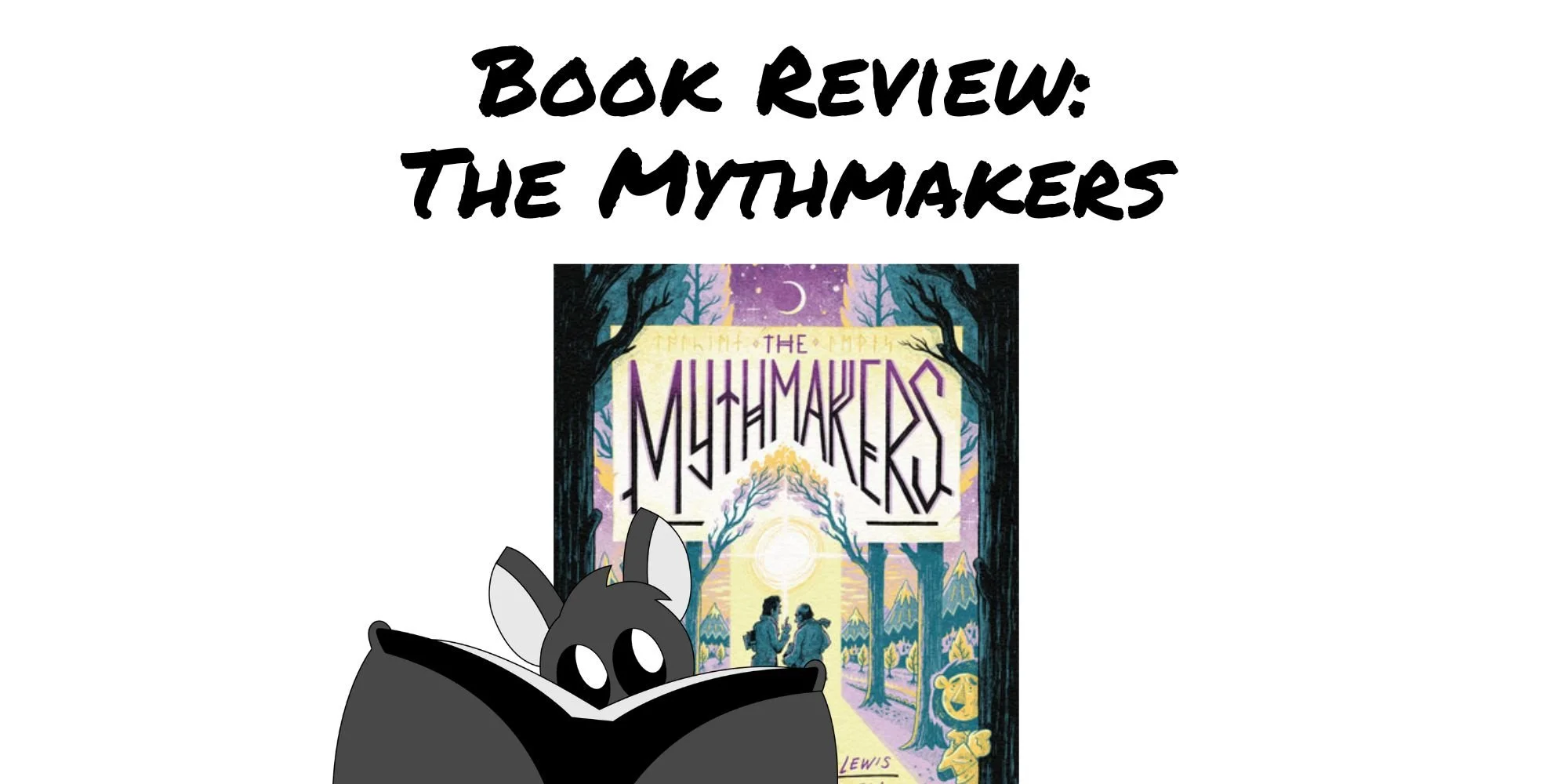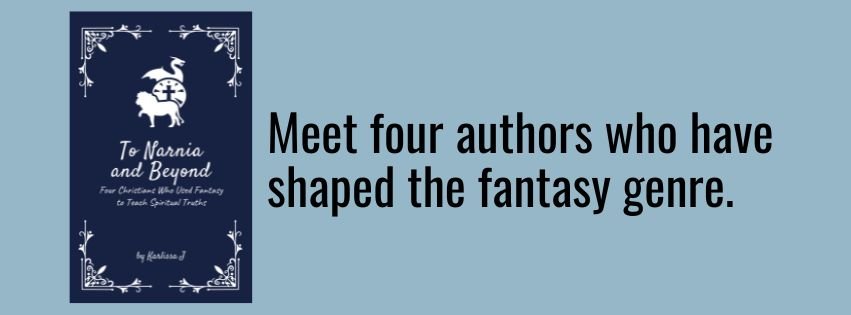Book Review: The Mythmakers
In the latter stages of my research for To Narnia and Beyond, I encountered frequent praise for The Mythmakers: The Remarkable Fellowship of C. S. Lewis and J. R. R. Tolkien. Created by illustrator and writer John Hendrix, and released in 2024, the book meshes elements of graphic novel with illustrations-alongside-prose.
Eventually, I was convinced to buy the book and stepped into Hendrix’s immersive biography of Lewis and Tolkien. Following their lives from birth to death, The Mythmakers gives special attention to their friendship and years shared together. Imaginative narration from a lion and a wizard guides the reader in a fun and informative manner, giving playful context to bunny trails – “Portals” as the book calls them – about the nature of myth and the fantasy genre.
Beautiful, well-researched and poignant, the visuals of The Mythmakers give greater weight and context to the experiences of Lewis and Tolkien. I find it particularly useful for thinking about their time in World War I, where pictures can convey a heaviness that words struggle to speak of.
Whether you are researching Lewis and Tolkien or simply passionate about fantasy and history, I highly recommend this lovingly crafted book. The price tag is a little higher, as it comes in hardcover and full-colour: there is no paperback or black-ink-only edition to provide a cheaper entry point. However, the cost isn’t unreasonable, and I found it well worth the price.
If you’re interested in learning more about the works of C.S. Lewis and J.R.R. Tolkien, you may enjoy my upcoming book, To Narnia and Beyond: Four Christians Who Used Fantasy to Teach Spiritual Truths. Click on the image below to learn more!




